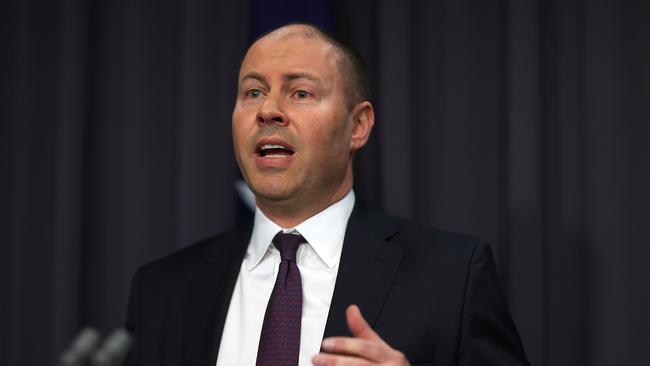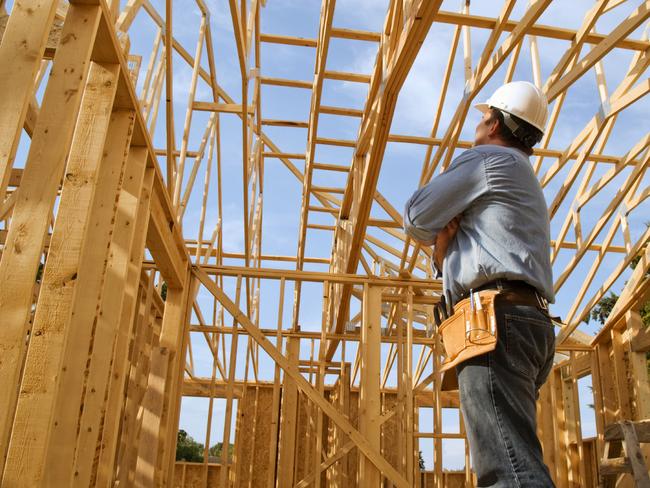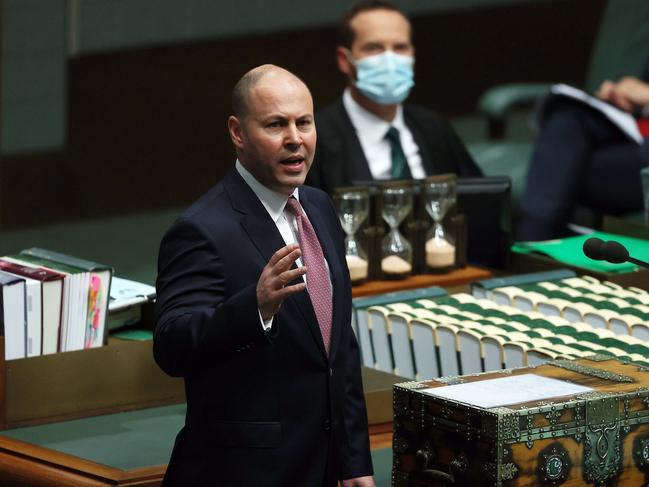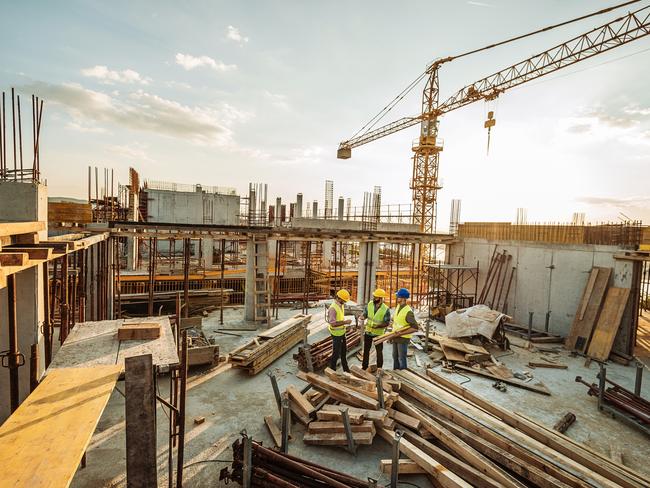Treasurer Josh Frydenberg approves inquiry into housing supply issues
Treasurer Josh Frydenberg has approved a federal inquiry into how property taxes and zoning rules have restrained housing supply and driven up house prices.

Treasurer Josh Frydenberg has approved a federal inquiry into how property taxes and zoning rules have restrained housing supply and driven up house prices.
It is to be hoped the inquiry, led by Liberal MP Jason Falinski, comes up with practical outcomes and isn’t just an attempt to point the blame onto state and local governments.
They do however deserve it. Local governments collect $18 billion every year from property rates, and who knows how much from developer contributions. State government annual income from stamp duty sits at around $25 billion and annual income from land taxes, a non-transactional based tax, sits around $10 billion.
MORE: Inside Karl Stefanovic’s waterfront mansion
Nicole Kidman leads celebrities moving to this NSW region


The inquiry comes against the backdrop of total residential private building approvals decreasing 44 per cent across the nation between 2016 and 2020 compared to the previous five-year period.
I guess the inquiry will seek to understand cyclical and systemic factors at play. It is obvious that first homebuyer purchasing has contributed to the current low supply and high demand dynamic.
According to a recent CoreLogic report the surge in first homebuyer activity has created additional housing demand without adding new advertised stock to the market.
CoreLogic researcher Eliza Owen noted first homebuyer loans recently peaked at 16,260 in January 2021, which is almost double the series average of monthly first homebuyer loans activity. First homebuyer loan commitments have trended lower since their high in January, but they remained 58 per cent above the one-year average from July to June.

Activity was certainly distorted by incentives for first home buyers in 2020, that saw the introduction of multiple first homebuyer incentives from the federal government, from the first home loan deposit scheme to the pandemic’s HomeBuilder scheme.
Owen noted in the same way that first homebuyer purchases increase demand without adding to supply, investor purchasing activity has also trended higher since mid-2020.
June saw 18,625 secured home loans for investor property purchases, a 74 per cent increase on the same month of 2020. The reason first homebuyer and investor purchases go a long way to explaining the current supply-demand dynamic is because owner occupier buyers who already own property would presumably list their existing home around the time they are purchasing a new one.

Low mortgage rates have certainly increased buyer demand. Mortgage rates are “one of the most important determinants of housing demand,” Owen suggested.
Falinski acknowledges there have been suggestions about the impact of federal government subsidies on housing for some time. But he noted the evidence only points to “the small effect” such measures have on supply.
“Indeed the research points to limitations on land and restrictive planning laws as the major causes of shortages in supply,” he said.
Submissions to the inquiry close on September 13.
Originally published as Treasurer Josh Frydenberg approves inquiry into housing supply issues

